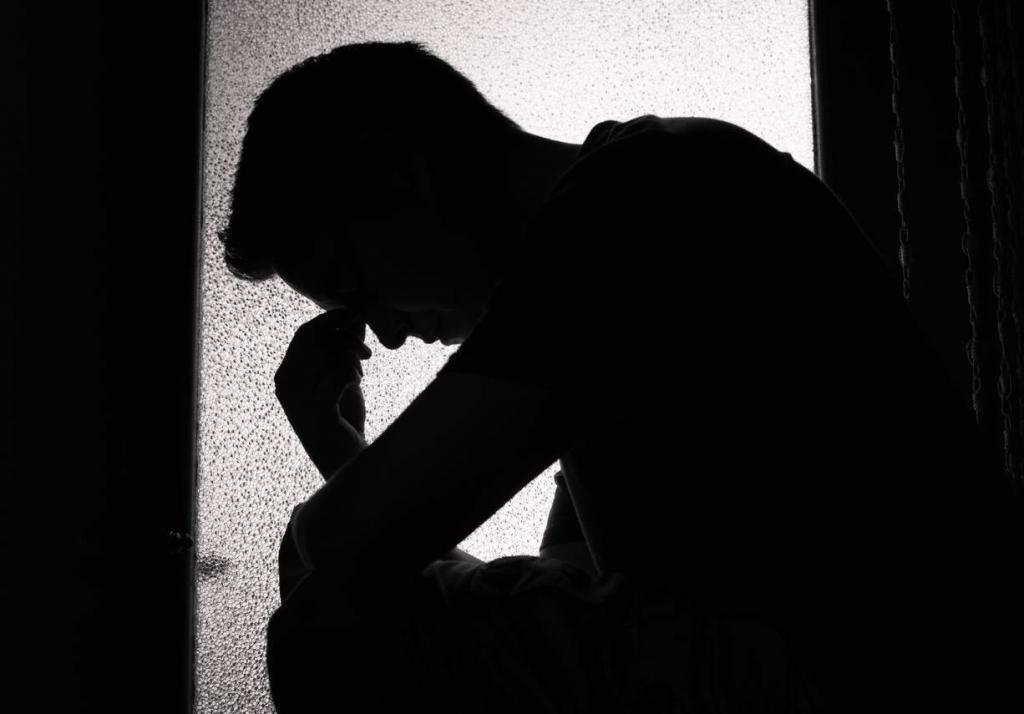For many people, the intense feelings after a car accident don’t subside and may impact their every day lives.
Most people can get over the emotional impact of a car accident with ease. For others, the intense feelings don’t subside, but only grow stronger with time, impairing their ability to think straight and affecting their lives.
FREE CASE EVALUATION

We’ve talked multiple times about the signs and effects of post-traumatic stress disorder (PTSD) and we’ve stressed about the importance of taking care of one’s mental health following a car accident. In this article, we want to focus on a rather more delicate subject: survivor guilt and how to deal with it.
What Is Survivor Guilt?
The name is pretty self-explanatory: survivors of fatal accidents often feel an immense sense of guilt because they are still alive while others have died. This tendency was noted after the Holocaust, but soon enough it became clear that the syndrome is more common than initially thought. People can experience survivor guilt after a fatal car accident, natural disasters, suffering from an illness that is usually fatal to others, after receiving an organ transplant, following the death of a parent during childbirth, and so on.
The idea is that the victims feel guilty that they survived while other people have died and think that they don’t deserve to live or that the accident was their fault.
Survivor Guilt Is a Complex Syndrome, But There Are Ways to Manage It
The intensity and duration of survivor guilt can vary from person to person, and so does its manifestation. There are instances when our actions may have contributed to the death of someone but in many cases the guilt is irrational. For example, if you were a passenger in the car and the driver died because of the negligence of another driver, there’s nothing you could have done to prevent the accident or change the outcome. However, because feeling helpless is incredibly hard, people would rather blame themselves than accept that they can’t control everything.
What you need to know is that feeling this way is perfectly normal. However, you should also note that this feeling won’t go away on its own and you need to get help. Talk with a counselor who understands the impact of a traumatic event and allow them to show you how you can embrace life and turn your grief into something positive.
Don’t Ignore the Psychological Effects of Car Accidents
Most people focus on healing their physical injuries and getting compensated for their lost wages after a car accident. And, while that is the normal course of events, take time to consider your mental health too. An experienced St. Louis car accident lawyer will make sure that your claim will account for your emotional trauma too, as well as guide you toward getting specialized help.
Don’t try to push these feelings away. Acknowledge them, get help, and seek the compensation you are legally entitled to. For a FREE case evaluation give us a call 24/7 at (314) 361-4242.
